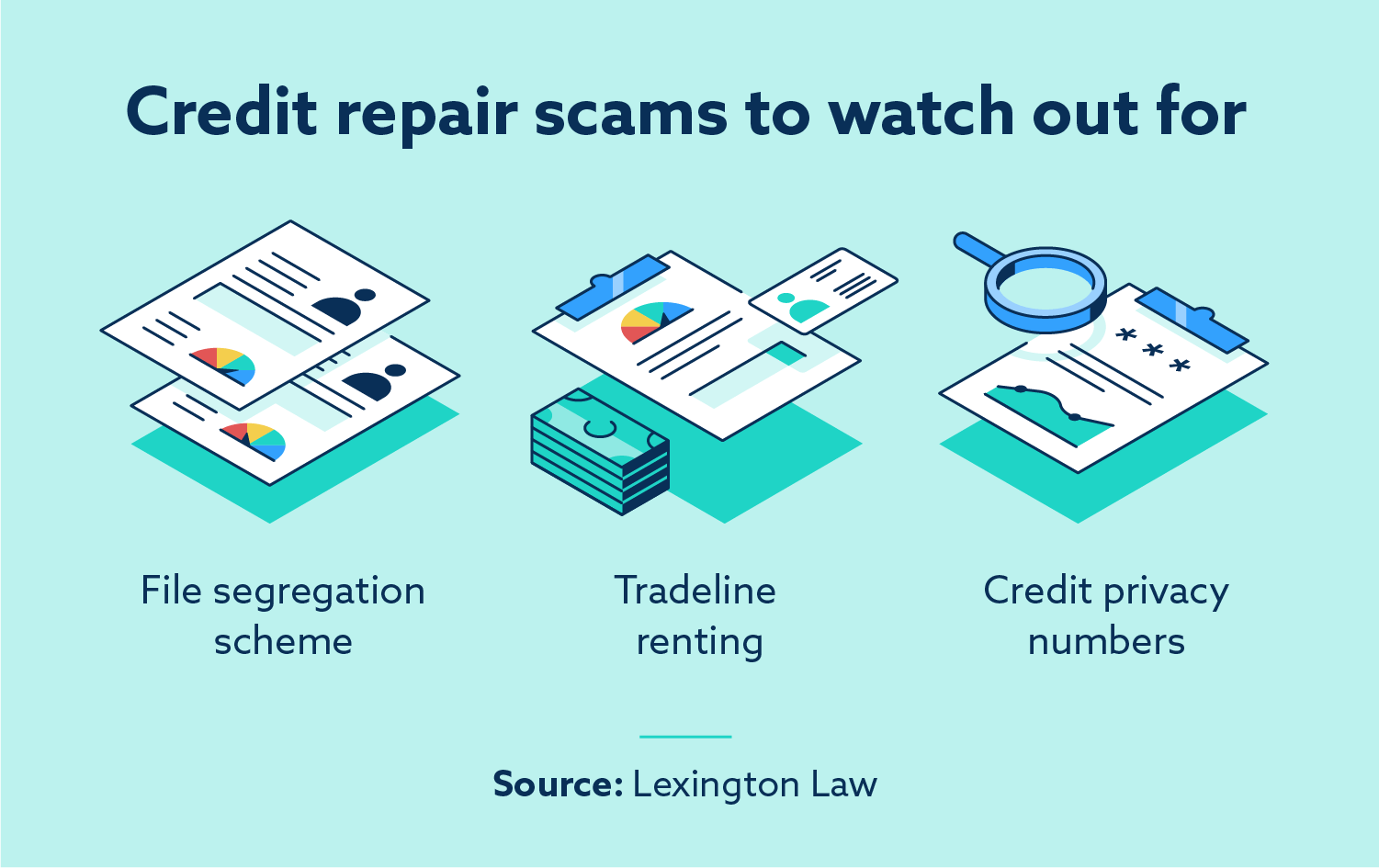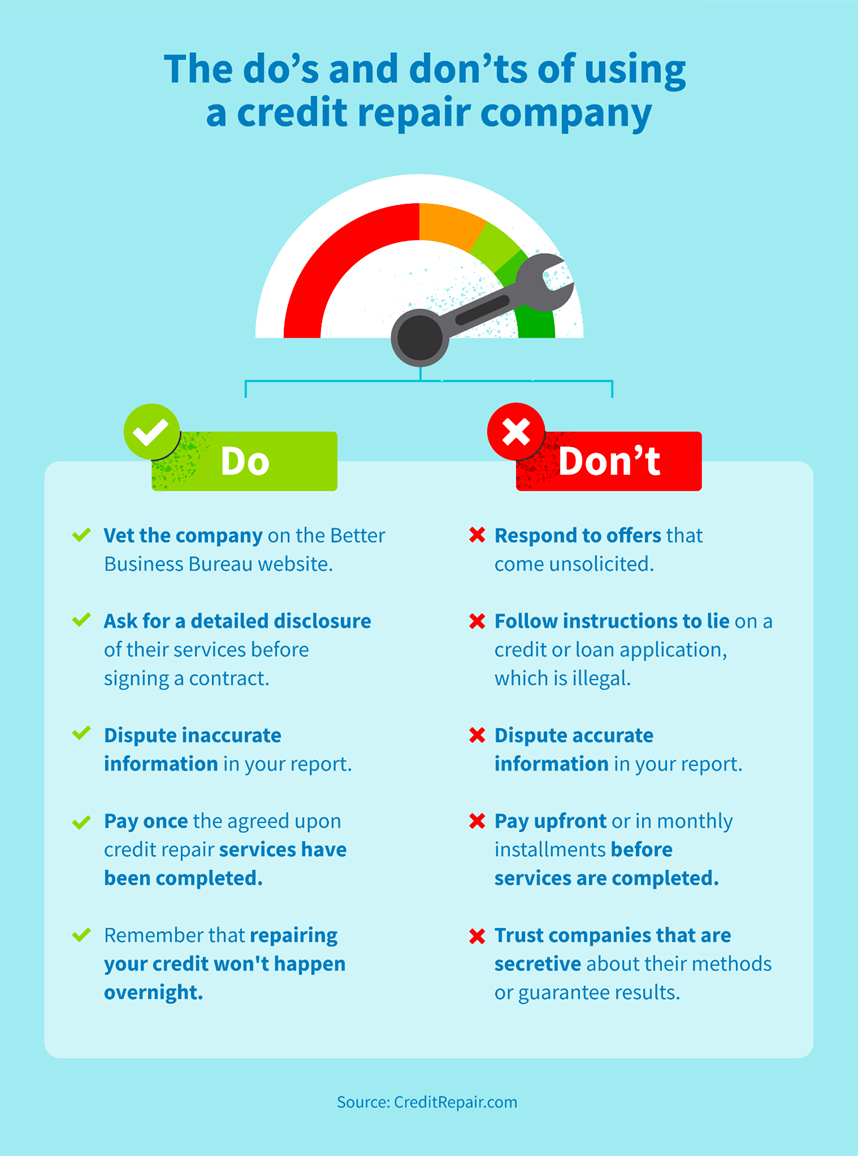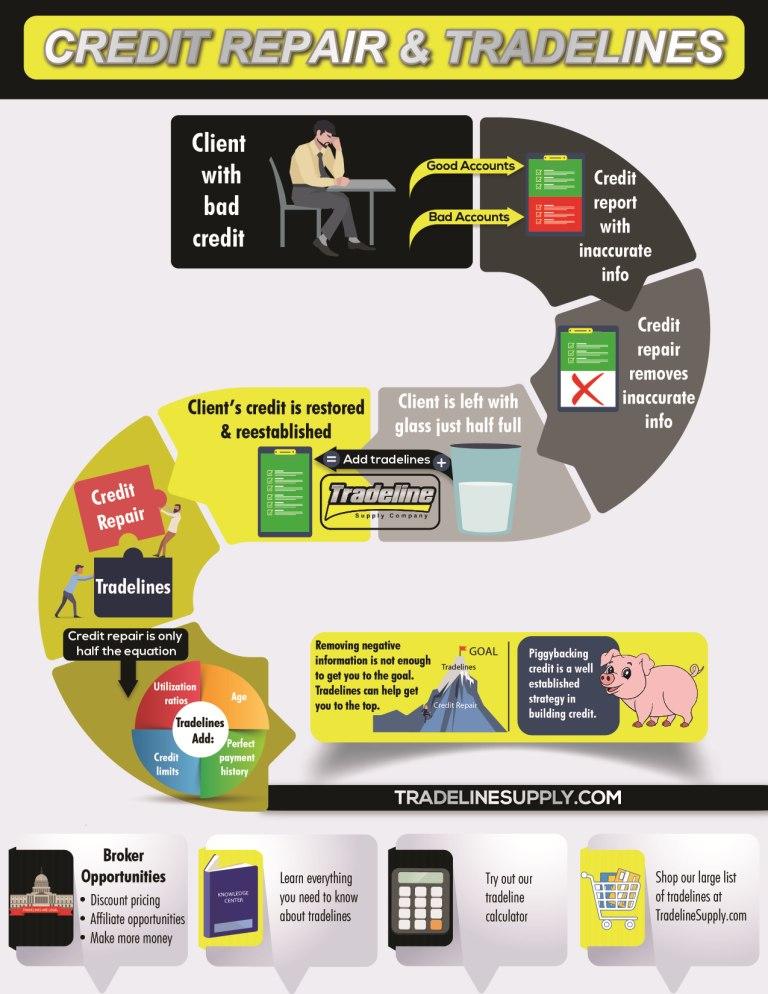In this article, you will learn about a credit repair scheme that has been causing concern among individuals seeking to improve their credit scores. This scheme exploits the desperation of individuals with poor credit and offers quick and easy solutions to repair their credit. However, it is important to be aware of the potential pitfalls and scams that may arise from these schemes. By understanding the tactics used by these fraudsters, you can protect yourself from falling victim to credit repair scams and take the necessary steps towards genuine credit improvement.
Understanding Credit Repair Schemes
Definition of Credit Repair Scheme
A credit repair scheme refers to any fraudulent or deceptive practice that claims to improve an individual’s credit score or repair their credit history. These schemes often target individuals who are desperate to improve their credit and take advantage of their vulnerability by making false promises and charging exorbitant fees.
Why Credit Repair Schemes are Appealing
Credit repair schemes can be enticing to those struggling financially or burdened by low credit scores. People are naturally drawn to the prospect of a quick fix and the promise of a clean credit report. The allure of wiping away past mistakes and starting fresh with a high credit score is appealing, as it opens up opportunities for better loan terms, lower interest rates, and increased financial stability.
Different Types of Credit Repair Schemes
File Segregation Schemes
File segregation schemes involve creating a new credit identity for an individual by using false information or obtaining an Employer Identification Number (EIN) instead of a Social Security Number (SSN). These schemes aim to mislead credit reporting agencies and lenders by separating an individual’s credit history into two separate files – one with negative information and one with a clean slate. This illegal practice can result in severe legal consequences.
Credit Privacy Number (CPN) Schemes
Credit Privacy Number (CPN) schemes promote the use of alternative identification numbers, claiming that these numbers can be legally used in place of a Social Security Number (SSN). However, using a CPN to apply for credit or deceive lenders is illegal. These schemes prey on individuals who are seeking a fresh start, promising a clean credit history without the need to repair their existing credit.
Dispute Letter Schemes
Dispute letter schemes involve submitting false or misleading information to credit reporting agencies in an attempt to remove negative information from an individual’s credit report. These schemes often encourage clients to dispute legitimate negative items, promoting fraudulent activities to manipulate credit scores. While legitimate disputes can be made, these schemes exploit the process for personal gain.

The Process of Credit Repair Schemes
Initial Interaction with the Company
In the initial interaction with a credit repair company, you may be enticed by promises of quick credit score improvements, guarantees of complete credit repair, and offers of confidential consultations. The company may request personal information, such as your Social Security Number and financial details, to evaluate your credit history and determine the services they can provide.
What Services are Promised
Credit repair schemes often promise to remove negative items from your credit history, improve your credit score within a short period, and provide legal protection against debt collectors. These services are typically presented as a solution to your credit problems, assuring you that they have the expertise and insider knowledge to deliver significant improvements to your credit profile.
Application and Service Process
Once you have decided to proceed with the credit repair scheme, the company may ask you to sign a contract and pay upfront fees for their services. They may also request that you provide any documentation relating to your credit history, such as credit reports or billing statements. From there, the company claims to initiate a process of disputing negative items, challenging the accuracy of the information, and negotiating with creditors on your behalf.
Signs of a Credit Repair Scheme
Extravagant Promises
One of the most prominent signs of a credit repair scheme is the offering of extravagant promises. legitimate credit repair companies are cautious about guaranteeing specific outcomes, as credit repair is a complex and individualized process. If a company claims they can remove all negative items or guarantee a substantial increase in your credit score within a short timeframe, it’s likely a red flag.
Upfront Payment Requirements
Credit repair schemes often require upfront payment for their services. While some legitimate credit repair companies charge fees, it is essential to be cautious when asked for payments before any services have been provided. Reputable companies typically charge on a pay-for-performance basis or offer a trial period to assess the effectiveness of their services.
Lack of Detailed Disclosures
Another warning sign is the absence of detailed disclosures regarding the credit repair company’s services, fees, and processes. Legitimate companies are transparent about their operations and provide comprehensive written agreements detailing the scope of their services, associated costs, and the client’s rights. If a company is hesitant to provide such information or avoids answering your questions, it’s best to steer clear.
Pressure to Lie About Your Credit History
Credit repair schemes may insist that you lie about your credit history or use illegal methods to improve your credit scores. Engaging in these practices is not only unethical but also illegal. If a credit repair company encourages you to engage in fraudulent activities, it’s crucial to immediately disengage from their services and report their actions.

Legal Ramifications of Credit Repair Schemes
Law Enforcement Involvement
Law enforcement agencies are actively involved in identifying and prosecuting credit repair schemes. With the increasing prevalence of these schemes, federal, state, and local authorities are dedicated to uncovering the individuals and organizations involved in fraudulent credit repair practices. Their efforts seek to protect consumers and maintain the integrity of the credit system.
Penalties for the Companies Involved
Credit repair companies found guilty of engaging in fraudulent practices can face severe legal penalties. These penalties may include hefty fines, mandatory restitution to victims, and in some cases, imprisonment for individuals involved in orchestrating the schemes. Law enforcement agencies are committed to holding these companies accountable for their deceptive practices.
Potential Legal Consequences for Clients
Clients who knowingly participate in credit repair schemes may also face legal consequences. Engaging in fraudulent activities, such as providing false information or using false identities, can lead to criminal charges and legal repercussions. It is crucial for individuals to understand their rights and responsibilities and to seek legal advice if they suspect they have been involved in a credit repair scheme.
Effects of Credit Repair Schemes
Short-Term Impact on Credit Score
While credit repair schemes may promise quick improvements to your credit score, the reality is often different. These schemes may temporarily remove negative items or create an illusion of improved credit, tricking you into believing that your credit has significantly improved. However, once discovered, the credit reporting agencies will reverse these changes, potentially leading to a further drop in your credit score.
Long-Term Impacts on Financial Health
Engaging in credit repair schemes can have long-term negative impacts on your financial health. These schemes divert your attention and resources away from legitimate methods of improving your credit and managing your finances. Instead of focusing on building a solid credit history, you may find yourself entangled in legal battles, facing financial losses, and struggling with debt.
Psychological Impact on Victims
Victims of credit repair schemes often experience high levels of stress, anxiety, and frustration. These schemes exploit vulnerable individuals who are desperate for financial stability and a better credit score. When their expectations are not met, victims may feel helpless and deceived. It is essential to prioritize mental well-being during and after dealing with a credit repair scheme and seek support from trusted individuals or professionals.

How to Avoid Credit Repair Schemes
Analyzing and Reviewing the Company’s Reputation
To avoid credit repair schemes, conduct thorough research on any company before engaging their services. Look for customer reviews, check for any complaints filed with consumer protection agencies, and verify the company’s credentials. Reputable credit repair companies have a solid track record and are transparent about their process and services.
Understanding Credit Repair Rules and Laws
Educate yourself about the rules and regulations governing credit repair. Understanding the legal requirements can help you identify whether a credit repair company is operating outside the law. Familiarize yourself with the Credit Repair Organizations Act (CROA) and the Fair Credit Reporting Act (FCRA) to protect yourself from falling victim to credit repair schemes.
Asking for Comprehensive Details of the Service
Request comprehensive details of the credit repair service before signing any agreements or making payments. Legitimate credit repair companies are transparent about their processes, fees, and expected outcomes. Ask for a written contract detailing the scope of their services, the duration of the program, the fees involved, and any guarantees they offer. Review this contract carefully, and if anything seems unclear or suspicious, seek legal advice.
Alternatives to Credit Repair Schemes
Reputable Credit Counseling Agencies
If you are struggling financially or need guidance to improve your credit, reputable credit counseling agencies can provide valuable assistance. These agencies offer budgeting advice, debt management plans, and financial education. Their goal is to empower individuals to take control of their financial situation and improve their credit in a legitimate and sustainable manner.
Developing a Debt Management Plan
A debt management plan is a strategy designed to pay off your debts systematically and responsibly. By working with a reputable credit counselor or financial advisor, you can develop a customized plan to repay your debts, negotiate with creditors, and improve your overall financial well-being.
Consolidating Your Debt
Debt consolidation involves combining multiple debts into a single loan with more favorable terms. This strategy can make it easier to manage your payments, potentially reduce interest rates, and streamline your financial obligations. However, it is crucial to choose a reputable lender and carefully review the terms and fees associated with debt consolidation.
Self-Help Methods for Credit Repair
Improving your credit on your own is possible through responsible financial habits. Paying bills on time, reducing credit card balances, and regularly checking your credit reports for errors are effective self-help methods for credit repair. By taking control of your financial habits and maintaining responsible credit behavior, you can gradually rebuild your credit score over time.

Reporting Credit Repair Schemes
How to Report a Credit Repair Scheme
If you encounter a credit repair scheme or suspect fraudulent activities, it is essential to report it to the appropriate authorities. Begin by filing a complaint with the Federal Trade Commission (FTC) through their online Complaint Assistant website. This helps law enforcement agencies identify and take action against the fraudulent company or individual involved.
Local and National Resources for Reporting
In addition to reporting to the FTC, contact your state’s attorney general’s office or consumer protection agency to report the credit repair scheme. These local agencies have the authority to address local scams and can provide valuable assistance throughout the investigation and prosecution process.
Legal Support for Victims of Schemes
If you have fallen victim to a credit repair scheme, seek legal support to understand your rights and potential avenues for recourse. Consult with an attorney who specializes in consumer law or fraud cases to explore your options and determine the best course of action to recover any losses and mitigate the impact on your financial well-being.
Case Studies of Credit Repair Scheme Prosecutions
Example 1: Major Credit Repair Company Prosecuted
In 2020, a major credit repair company was prosecuted for engaging in deceptive practices. The company was found guilty of making false promises, charging exorbitant upfront fees, and failing to deliver the services they promised. As a result, the company faced substantial fines, mandatory restitution to affected clients, and their executive team faced criminal charges.
Example 2: Individual Scammer Prosecution
In a recent case, an individual was prosecuted for operating a credit repair scheme targeting vulnerable individuals seeking to improve their credit. The scammer used false identities, created fake credit histories, and charged significant fees upfront. Law enforcement agencies were able to identify the individual and successfully prosecute them, resulting in imprisonment, restitution, and a permanent record of their fraudulent activities.
In conclusion, understanding credit repair schemes is crucial in protecting yourself from financial fraud. By recognizing the different types of schemes and their red flags, you can avoid falling victim to deceptive practices. Instead, explore reputable alternatives, educate yourself on credit repair laws, and seek assistance from legitimate credit counselors. By taking the appropriate steps, you can rebuild and improve your credit in a legal and sustainable manner. Remember, your financial well-being matters, and there are resources available to support you on your journey to better credit.

